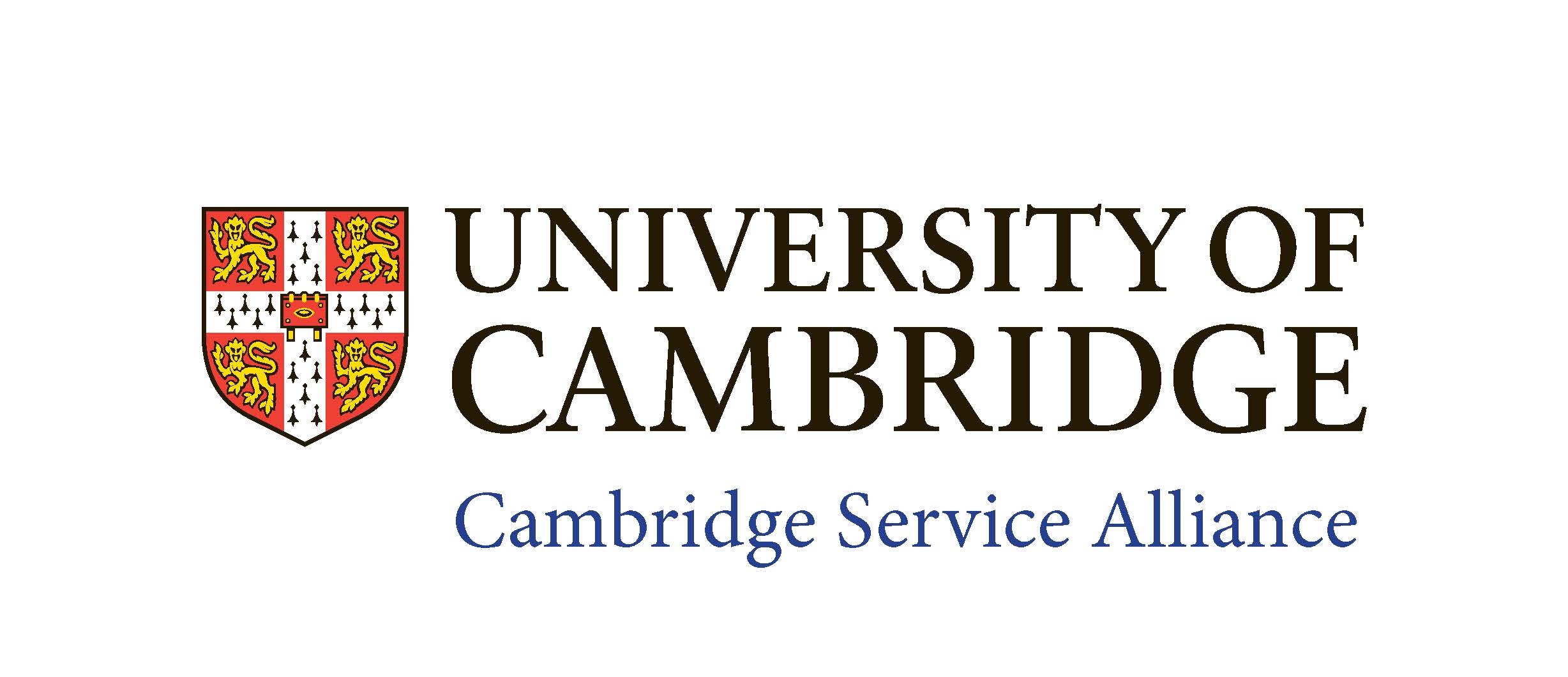The economy is changing
Information and communication technology (ICT) trends are profoundly changing the ‘rules’ of markets. Increasingly, companies do not provide products and services in isolation, but in conjunction with partners. Competition is turning into ‘co-opetition’ as markets overlap and intertwine. The ‘strategy’ mantras of the 20th Century, such as differentiation or competing on costs and focusing on core competencies seem too rigid today. Instead, companies are thinking up innovative business models, designed to create and capture more value, usually by leveraging the world around them –- their ecosystem.
…but where can companies learn to design open, ecosystem- oriented, business models?
As our 2011 White Paper, “From Process to Promise” suggests, opening up the business model, sharing strategies with partners and orchestrating the value delivery across firm boundaries can be a full-blown paradigm shift for companies. How can we help them make this change? What should the first step be? Should all companies follow the same approach? How about studying the masters of this art – cities and their urban ecosystems?
Learning from urban ecosystems
Successful large-scale organisations, such as cities, are already ahead of the curve on this - recognising and adapting to their business ecosystem. So too are corporate giants such as Google and Apple, who effectively co-ordinate efforts to achieve a common purpose, resulting in unprecedented levels of specialisation, scale and agility.
But whether they realise it or not, all firms operate in one or more business ecosystems. Yet the phenomenon has remained poorly understood.
The fact is that many executives would struggle to describe the full complexity of the ecosystem they inhabit or the players within it. But by understanding those ecosystems and their role in them, companies can create an advantage - they can generate new opportunities and seize others that might otherwise have eluded them.
Up to now, what is known about business ecosystems has been limited and it’s been difficult to draw meaningful conclusions for more complex sectors such as energy, utilities, healthcare and public services.
So this research looked to the most complex ecosystems of all – the business ecosystems of cities. They examined three cities, Vienna, London and Chicago, chosen because of their reputation for success and innovation relating to quality of life and a thriving economy.
What we found was that while these ecosystems and the players within them were complex and diverse, in essence they boiled down to four role types - resource providers, problem solvers, constructors and architects.
The key points at which companies can or should exploit their ecosystem, and describes a three-step approach to identify ecosystem opportunities, with tasks that include:
- Identify who the players are and what their business models are.
- Identify the goal that unites all the players.
- Examine the business models of all the players and build the ecosystem business model.
- Identify the ecosystem roles, such as who brings the resources, who solves the problems and who manages the process.
- Determine what the rules of the ecosystem are and examine the relationships.
- Establish how the money flows and where the power lies.
- Identify the gaps and how to tackle them. This includes deciding whether you can provide a better solution to your part of the challenge, or to another part of the challenge, and establishing whether the solution is properly integrated.
Companies are looking for fresh ideas on how to innovate their business models. Studying how their ecosystems function can give them access to a set of radically different and potentially disruptive ideas. The problem is companies know little about how to analyse the ecosystems in which they operate.
This is where our research comes in. We give them the tools to identify ecosystem opportunities and decide which ones to implement. A structured approach to identifying and evaluating opportunities helps executives make the right decisions and steer their organizations to survival, growth and long term success.
Collaborate to Innovate - How Business Ecosystems Unleash Business Value
Contact: Ivanka Visnjic


